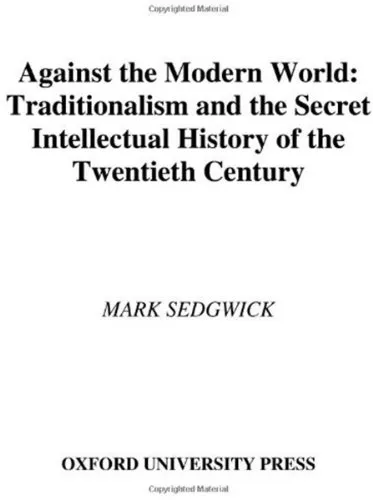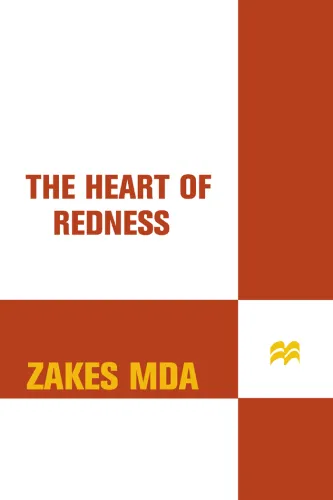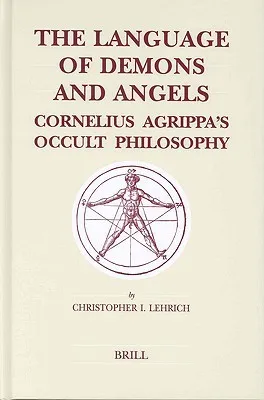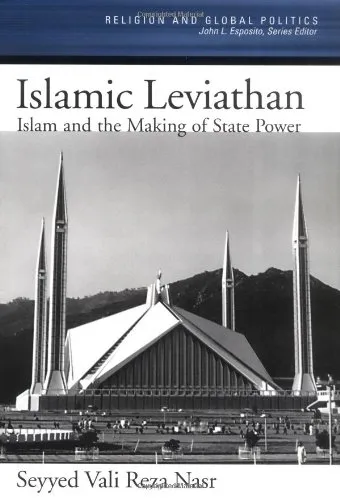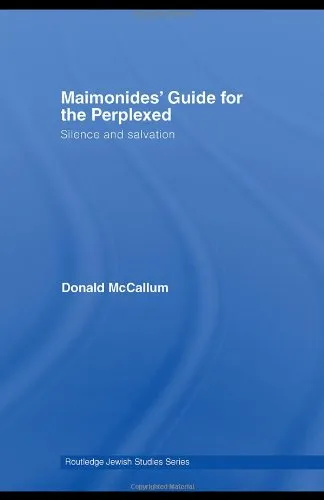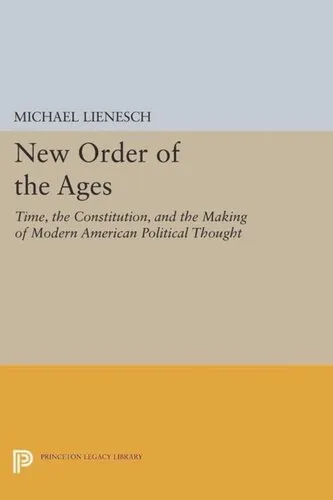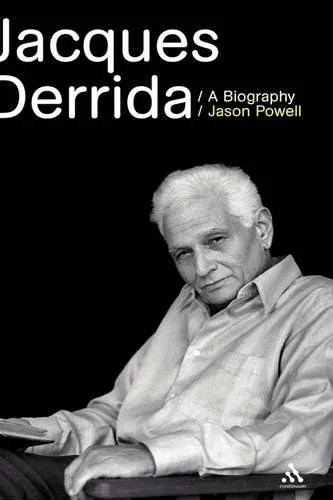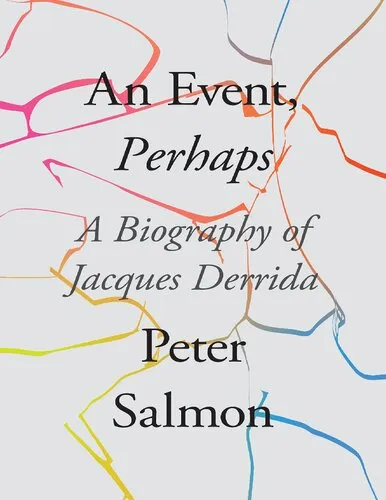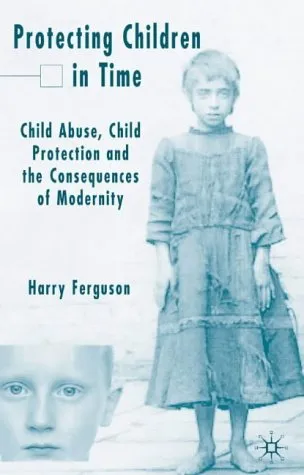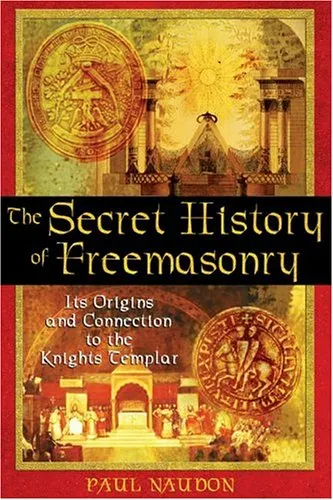Against the Modern World: Traditionalism and the Secret Intellectual History of the Twentieth Century
4.2
بر اساس نظر کاربران

شما میتونید سوالاتتون در باره کتاب رو از هوش مصنوعیش بعد از ورود بپرسید
هر دانلود یا پرسش از هوش مصنوعی 2 امتیاز لازم دارد، برای بدست آوردن امتیاز رایگان، به صفحه ی راهنمای امتیازات سر بزنید و یک سری کار ارزشمند انجام بدینکتاب های مرتبط:
معرفی کتاب «Against the Modern World: Traditionalism and the Secret Intellectual History of the Twentieth Century»
کتاب «Against the Modern World» اثر مارک سجویک، به بررسی جنبش Intellectual Traditionalism میپردازد، جنبشی فکری و فلسفی که در قرن بیستم، با نگاهی انتقادی به مدرنیته، تلاش کرد ارزشهای سنتی را احیا و بررسی کند. این اثر یکی از جامعترین تحقیقات موجود در این زمینه است که تاریخچهای دقیق از این بستر فکری ارائه میدهد و نقش آن را در شکلگیری جنبشهای فرهنگی و سیاسی مدرن تحلیل میکند.
خلاصهای دقیق از کتاب
کتاب «Against the Modern World» بر روی ایدههایی تمرکز دارد که توسط متفکران برجستهای نظیر René Guénon و Julius Evola بنیانگذاری شدهاند. Traditionalism، جنبشی فکری است که به نقد مدرنیته و دفاع از اصول ماورایی و سنتی میپردازد. سجویک در این کتاب به بررسی ریشههای تاریخی و فلسفی این جنبش پرداخته و نشان میدهد که چگونه Traditionalism به عنوان یک واکنش به فرآیندهای سکولاریزاسیون و تکنولوژیمحوری در جوامع مدرن ظاهر شد. نویسنده همچنین ارتباط عمیق این جنبش را با جریانهای جهانی مانند New Age، جنبشهای فاشیستی، و سیاستهای مذهبی بررسی میکند.
نکات کلیدی کتاب
- توضیح فلسفه Traditionalism و تفاوتهای آن با دیگر مکاتب فلسفی مدرن
- بررسی نقش متفکرانی مانند René Guénon و Julius Evola در رشد این جنبش
- تحلیل تأثیرات فرهنگی و سیاسی Traditionalism در قرن بیستم
- ارتباط بین Traditionalism و مبارزه با مدرنیته به عنوان یک مفهوم فلسفی
- نقش این جنبش در الهامبخشی به جنبشهای مذهبی و معنوی جهانی
جملات معروف از کتاب
"Traditionalism is not just an intellectual movement; it is a profound critique of the modern world and its values."
"Modernity, with its focus on progress and rationality, overlooks the eternal truths preserved in tradition."
چرا این کتاب مهم است؟
کتاب «Against the Modern World» یک منبع ارزشمند برای درک انتقادات فلسفی به مدرنیته و تأثیرات آن بر فرهنگ و سیاست است. این کتاب نه تنها تاریخچهی دقیق یک جنبش فلسفی مهم را بررسی میکند، بلکه به خواننده کمک میکند تا تأثیر این ایدهها بر جنبشهای اجتماعی مدرن را درک کند. از این رو، این اثر برای دانشجویان رشتههای فلسفه، علوم سیاسی، و مطالعات فرهنگی یک منبع ضروری بهشمار میرود. همچنین، نسختین تحلیل جامع در مورد Traditionalism ارائه میدهد و به بررسی ارتباطات میان این جنبش و مفهوم مدرنیته در سطح بینالمللی میپردازد.
دانلود رایگان مستقیم
شما میتونید سوالاتتون در باره کتاب رو از هوش مصنوعیش بعد از ورود بپرسید
دسترسی به کتابها از طریق پلتفرمهای قانونی و کتابخانههای عمومی نه تنها از حقوق نویسندگان و ناشران حمایت میکند، بلکه به پایداری فرهنگ کتابخوانی نیز کمک میرساند. پیش از دانلود، لحظهای به بررسی این گزینهها فکر کنید.
این کتاب رو در پلتفرم های دیگه ببینید
WorldCat به شما کمک میکنه تا کتاب ها رو در کتابخانه های سراسر دنیا پیدا کنید
امتیازها، نظرات تخصصی و صحبت ها درباره کتاب را در Goodreads ببینید
کتابهای کمیاب یا دست دوم را در AbeBooks پیدا کنید و بخرید
1309
بازدید4.2
امتیاز0
نظر98%
رضایتنظرات:
4.2
بر اساس 0 نظر کاربران
Questions & Answers
Ask questions about this book or help others by answering
No questions yet. Be the first to ask!
